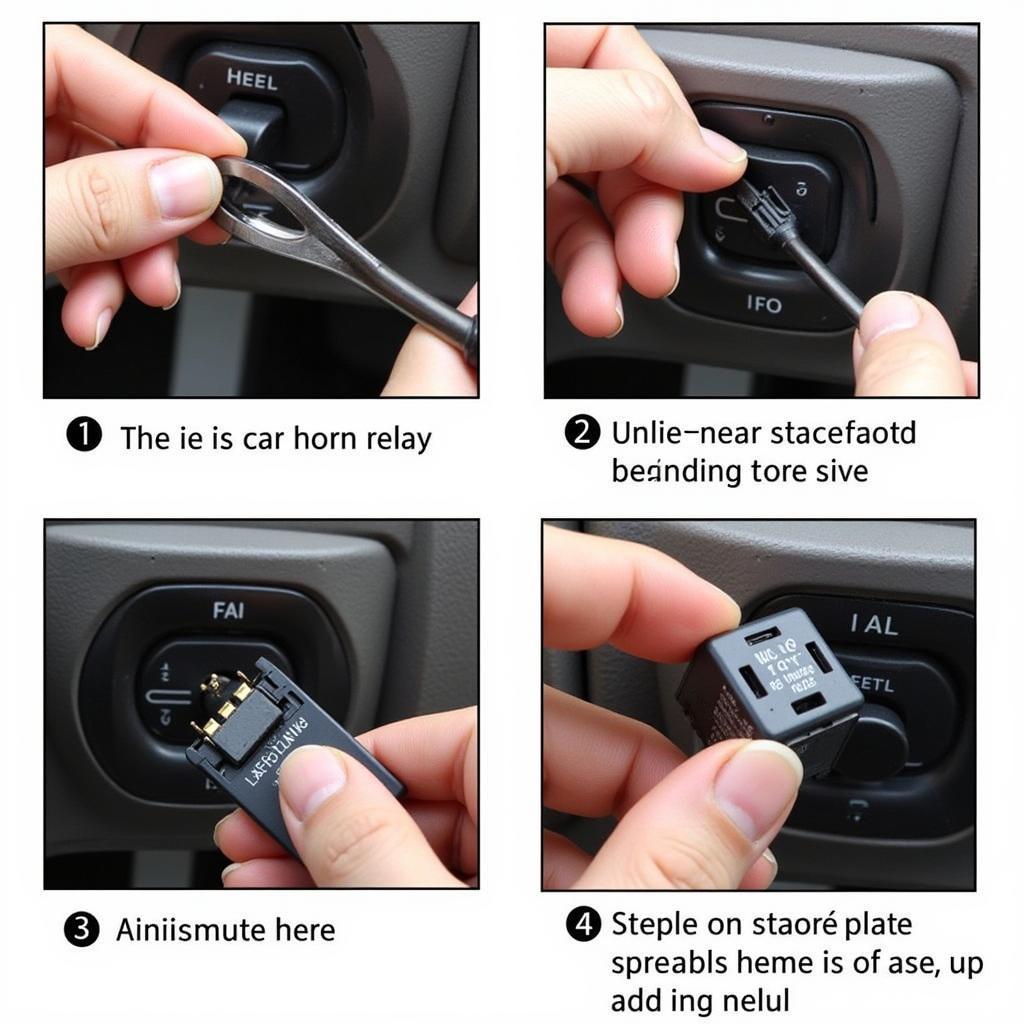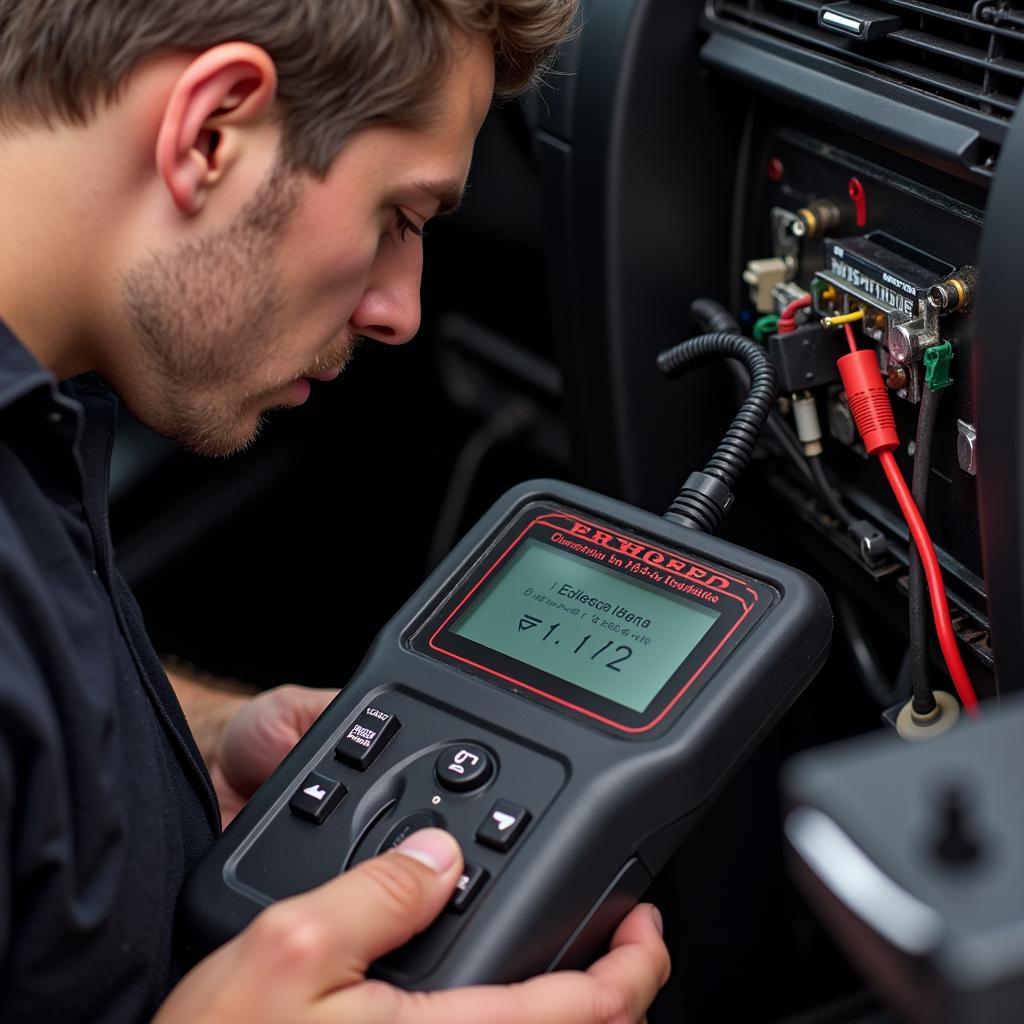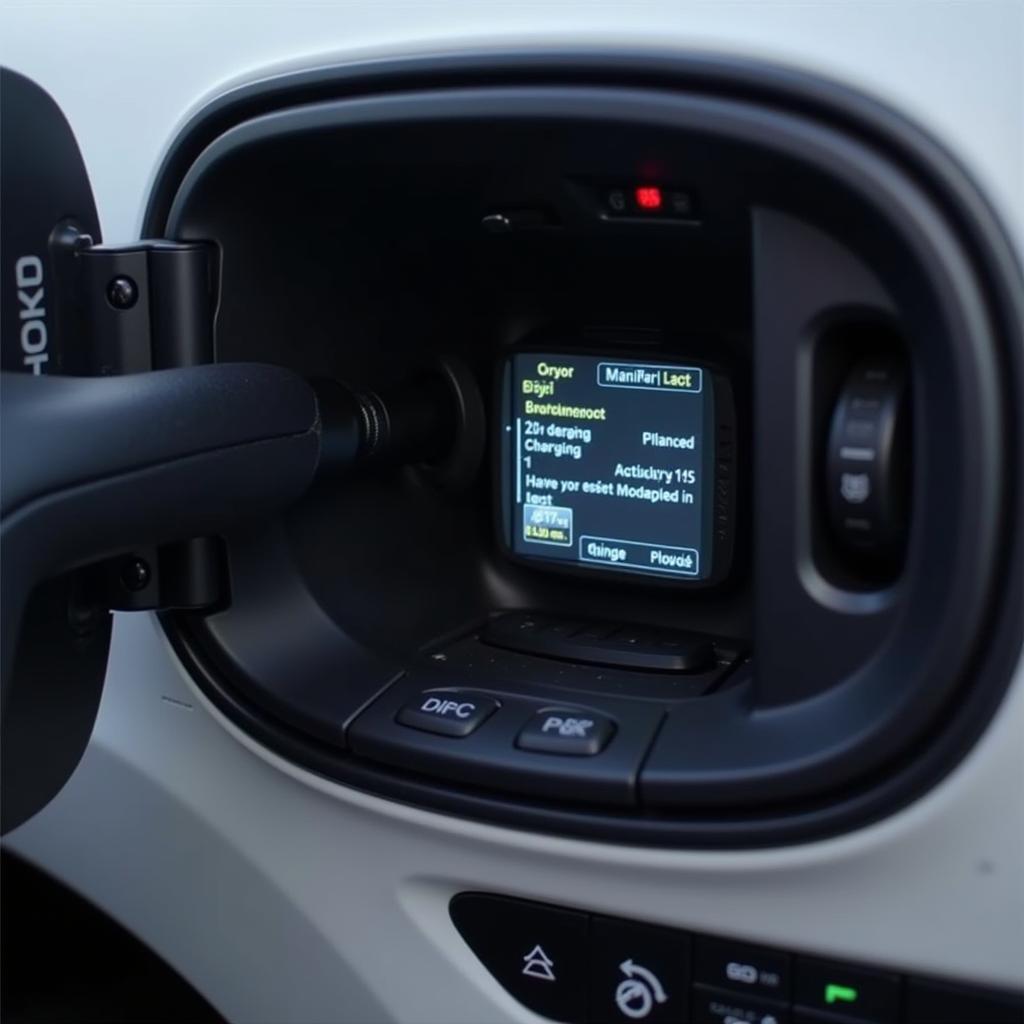Diesel cars are known for their fuel efficiency and durability, but they also require specific maintenance to keep them running smoothly. Regular maintenance is crucial for extending the lifespan of your diesel engine, preventing costly repairs, and ensuring optimal performance. This comprehensive guide will provide you with all the essential information on diesel car maintenance, covering everything from basic checks to advanced procedures.
Understanding Diesel Engine Basics
Before diving into the specifics of diesel car maintenance, it’s essential to understand some fundamental differences between diesel and gasoline engines. Diesel engines operate on a higher compression ratio, which allows them to ignite fuel without spark plugs. This results in greater torque and fuel efficiency but also creates unique maintenance challenges.
Regular Maintenance Schedule for Diesel Cars
1. Oil Changes
Diesel engines produce more soot and particles than gasoline engines, requiring more frequent oil changes. Follow your car’s owner’s manual for recommended oil change intervals, which are typically shorter than those for gasoline cars. It is advisable to use high-quality synthetic oil specifically designed for diesel engines, as it can withstand the harsher conditions and extend oil change intervals.
2. Fuel Filter Replacement
Diesel fuel filters are essential for removing contaminants from the fuel, which can clog injectors and cause performance issues. Replace your fuel filter according to the manufacturer’s recommendations, typically every 15,000-30,000 miles.
3. Air Filter Replacement
Diesel engines rely on clean air for optimal combustion. Dirty air filters restrict airflow, reducing power and fuel efficiency. It is recommended to change your air filter every 12,000-15,000 miles, or sooner if you drive in dusty or dirty conditions.
4. Coolant Flush
The coolant in your diesel engine prevents overheating and protects against corrosion. It’s crucial to flush and replace the coolant every 30,000-50,000 miles.
5. DPF (Diesel Particulate Filter) Regeneration
Diesel particulate filters (DPFs) are essential for reducing harmful emissions. DPFs trap soot and particulate matter, but they need to be periodically “regenerated” to burn off the accumulated soot. Regeneration can occur automatically during normal driving or manually through a process that requires increased engine temperature.
6. EGR (Exhaust Gas Recirculation) Valve Cleaning
EGR valves help reduce NOx emissions by recirculating exhaust gases back into the engine. However, over time, the EGR valve can become clogged with carbon deposits, affecting performance and fuel economy. Regular cleaning of the EGR valve, according to the manufacturer’s recommendations, is essential.
Common Diesel Car Maintenance Problems and Solutions
Q: Why is my diesel car smoking?
- A: Excessive smoke from a diesel car can indicate a range of problems, including:
- Dirty or clogged air filter: This can cause incomplete combustion and black smoke.
- Fuel injector problems: Faulty injectors can lead to excessive fuel injection and black smoke.
- Damaged turbocharger: A damaged turbocharger can cause blue smoke due to oil burning.
- Engine oil level: Low oil levels can cause blue smoke.
Q: What does a diesel car sound like when it’s having problems?
- A: A diesel engine normally runs with a distinct, rhythmic clattering sound. However, unusual noises can indicate problems such as:
- Knocking or rattling: This can be a sign of worn or damaged connecting rods or bearings.
- Whistling or hissing: This might indicate a damaged turbocharger or air intake system.
- Loud thumping: This could indicate a problem with the fuel injection system or a damaged engine component.
Q: Why is my diesel car not starting?
- A: There are several reasons why a diesel car might not start. The most common include:
- Low battery: Diesel engines require a lot of power to start, so a low battery can be a culprit.
- Clogged fuel filter: A clogged fuel filter can prevent fuel from reaching the engine.
- Glow plug problems: Glow plugs are essential for preheating the engine in cold weather. Faulty glow plugs can prevent the engine from starting.
- Fuel system problems: Issues with the fuel pump, fuel lines, or injectors can prevent fuel from reaching the engine.
Expert Insights:
“Regular maintenance is the key to preventing major problems and extending the lifespan of your diesel car,” says John Smith, a seasoned automotive mechanic with over 20 years of experience.
“Diesel engines are highly efficient but require specific care,” adds Mary Jones, an experienced diesel car technician. “Pay close attention to your car’s owner’s manual and schedule regular maintenance to keep it running smoothly.”
Key Takeaways
- Diesel engines require specific maintenance to ensure optimal performance and longevity.
- Follow your car’s owner’s manual for recommended maintenance intervals.
- Be aware of common diesel car problems and their solutions.
- Regular maintenance is essential for preventing major problems and extending the life of your diesel car.
Contact Us
If you have any questions or need help with diesel car maintenance, please don’t hesitate to contact us at AutoTipPro. Our team of expert mechanics is here to provide you with the best possible care for your diesel vehicle.
Phone: +1 (641) 206-8880
Address: 500 N St Mary’s St, San Antonio, TX 78205, United States
FAQ
Q: How often should I service my diesel car?
A: Diesel cars require more frequent servicing than gasoline cars. It is recommended to have your diesel car serviced every 6,000-10,000 miles, or as specified in your car’s owner’s manual.
Q: Are diesel cars more expensive to maintain than gasoline cars?
A: Generally, diesel cars can be more expensive to maintain than gasoline cars due to the specialized parts and services they require.
Q: What are the advantages of diesel cars?
A: Diesel cars offer several advantages, including:
- Better fuel economy
- Higher torque and towing capacity
- Longer engine lifespan
- Reduced greenhouse gas emissions
Q: What are the disadvantages of diesel cars?
A: Diesel cars also have some disadvantages, including:
- Higher initial purchase price
- More expensive maintenance
- Higher emissions of particulate matter
- Potentially lower resale value
Q: What is a diesel particulate filter (DPF) and why is it important?
A: A diesel particulate filter (DPF) is a component in diesel exhaust systems that captures soot and particulate matter, reducing harmful emissions. Regular regeneration of the DPF is crucial for its proper function and to prevent clogging.







Leave a Reply